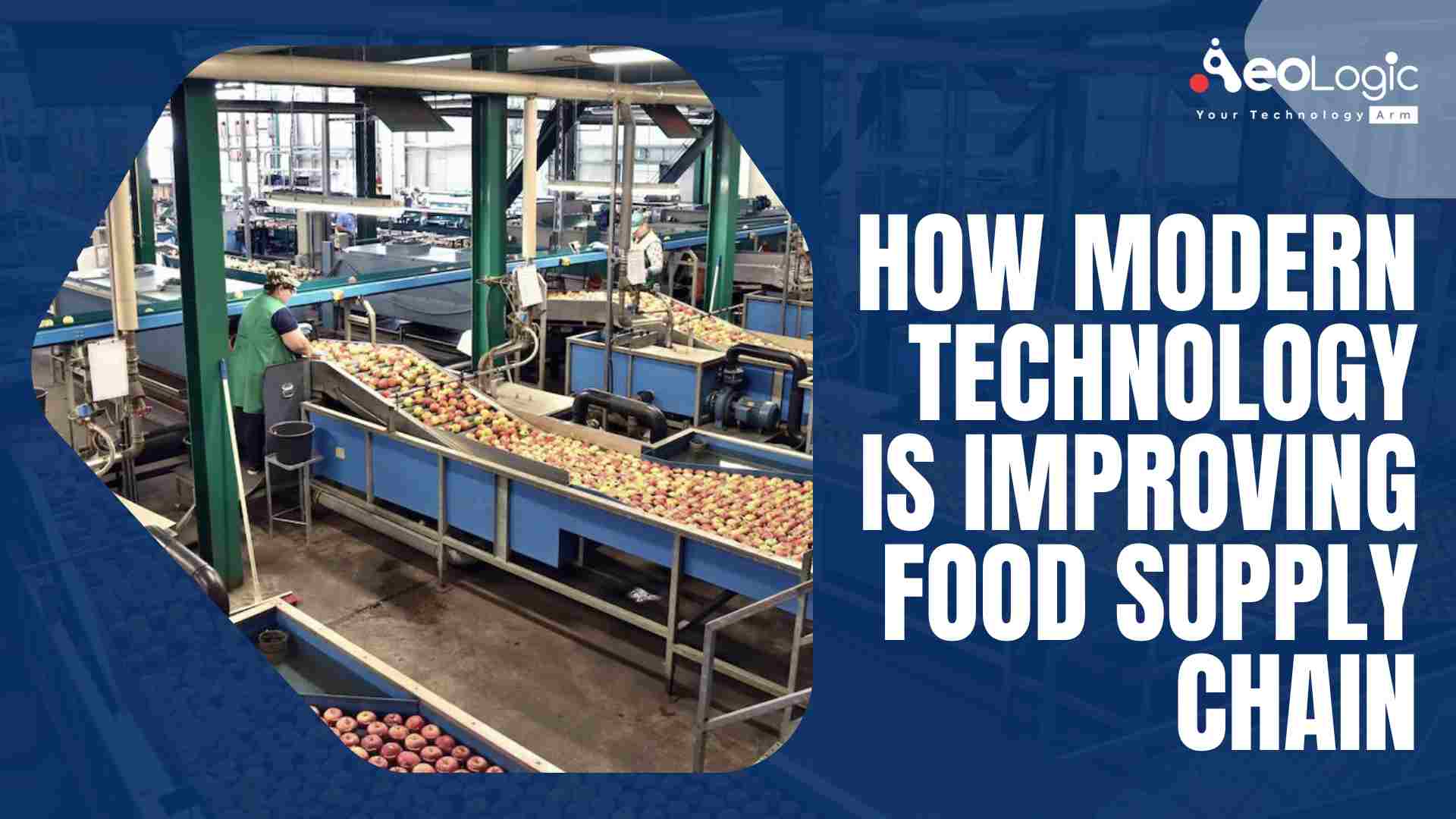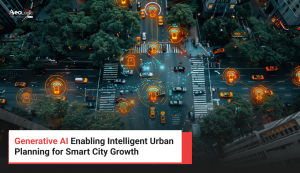The food supply chain is one of the most important sectors in today’s world. When we talk about the food supply chain, there are many people who come to mind. This is because we all have to feed ourselves, our families, and our friends and need help from time to time. Hence, almost every aspect of the food supply chain has been impacted by modern technology. Advancements in technology have made it possible to support more complex operations while reducing costs and inefficiency. In this article, we’ll explore how modern technology is improving food supply chain.
Food is always in demand and it is hard to find a reliable source. Modern technologies are taking over and changing the way the food supply chain is organized.
Table of contents
- How Modern Technology is Improving Food Supply Chain
- How Technology Impacting Our Food Supply Chain
- Conclusion
How Modern Technology is Improving Food Supply Chain
Technology has had a tremendous impact on the agricultural industry, and it continues to evolve at a rapid pace. In fact, it’s estimated that the rate of technological advancement in the agriculture industry will increase by 20% per year between now and 2040.
The most common use of technology in agriculture is advanced analytics and data collection. This allows farmers to make more informed decisions about their crops and implement new strategies for growing crops more effectively. In addition to this, advances in GPS tracking are allowing farmers to track their livestock from birth through death and give them access to real-time location data.
In addition to these innovations, there are many other ways that technology is improving the food supply chain including:
- Improved communication between farmers, buyers, and distributors.
- Advanced sensors that can monitor temperature and humidity levels within buildings or even within individual rooms within buildings.
- Automatic irrigation systems can water crops even when there is no power supply or rainwater.
- Advanced drone technology can monitor crops from the air and provide information on how much water is needed or when pests are present.
- New software systems that can monitor and analyze data to help farmers make better decisions about when to plant, fertilize, irrigate and harvest their crops.
Also Read: 10 Ways to Use Artificial Intelligence to Improve Business Processes
How Technology Impacting Our Food Supply Chain
One of the most amazing things about technology is how it’s impacting our food supply chain.
The food industry has always been complicated, with a lot of moving parts, but modern technology is making things easier for both producers and consumers alike. From artificial intelligence to mobile apps, here are some ways that technology is improving the food supply chain.
Artificial Intelligence in the Food Industry
Artificial intelligence (AI) is already being used by some farmers to increase efficiency and cut costs, which will help them stay competitive in this ever-changing market. AI can also be used to improve quality control on products, reduce waste, and reduce injuries due to manual labor.
Mobile Apps for Farmers and Consumers
Mobile apps are another way that technology is changing the way we interact with our food supply chain—and it’s changing it for the better! Farmers can now use mobile apps to track their crops from field to market more easily than ever before, while consumers get real-time updates about their favorite produce so they can make informed decisions before buying them at the store or at home. The use of mobile apps is expected to continue increasing in the coming years. In fact, it’s estimated that over 75% of farmers will have a mobile app by 2022!
Drones Technology
Farmers can also use drones to monitor crops at any time during the day or night using artificial intelligence technology. This allows them to be more efficient with their land and water usage since they can see exactly how much water or fertilizer is being used at any given time.
GPS Tracking Devices
Farmers are now able to use GPS tracking devices on their tractors so they know exactly where their equipment is at all times during the day (or night). This helps them avoid accidents and improve safety for both themselves and others working on their farm.
Automation of Warehouse Processes
The new automated warehouse has scanners, bar code readers, and even robots. They communicate with the majority of warehouse software provided by vendors. “This technology records every item and action in the warehouse,” Phillips explains. “It is no longer only a picking technology; it is for every function in the warehouse.”
Also Read: The Role of AI in Education And Learning: Just Promises Or Revolution
Augmented Reality
To eliminate warehouse guessing, augmented reality integrates speech and scanning with vision and picture capture. “It’s always feasible to utilize voice-based technology and scan an item, but you may still choose the wrong item,” Phillips explains. “With AR, you may authenticate an item selected by comparing it to an image of the object saved in a database.” This ensures that you’re constantly selecting the correct thing and that you’re always handling and, eventually, packing it appropriately.”
Conclusion
Technology has transformed food supply chains, connecting farmers and restaurants with more customers through better ways of working together. Additionally, new technologies are making the world of farming easier and safer while keeping prices at a reasonable level. In fact, applying technology to food chains is only set to grow as we move into the future.
Social media and apps help us to be better informed about where our food comes from. It seems that technology and robotics are all on the rise within the food industry. And with all of these new changes happening in our food landscape, technology may even be able to turn a stomach or two around. It seems that technology might just be the key to developing healthier foods that taste just as good as they are good for you.
If you are interested in elevating your businesses using modern technologies, connect with our industry experts at Aeologic Technologies.
FAQ’s
Why is supply chain management important in the food industry?
Within the food production business, supply chain management is an essential and complex operation. By employing technical improvements in supply chain management, you can assure open lines of communication and data analysis across the chain, increasing your profitability and efficiency.
What exactly is the food supply chain?
The food supply chain includes all steps in which food items pass, from manufacture to consumption.
Related Blogs:
- How AI/ML Can Change the Public Transportation Industry
- Transforming Business With Digital Technology in the Oil Palm Industry in India
- Importance of Digital Asset Management in the Retail Industry
- How AI is Transforming the Agriculture Industry
- 10 Ways to Use Artificial Intelligence to Improve Business Processes
- The Future of IoT Technology in Convenience Stores
- Building Manufacturing Resilience Through AI and ML









